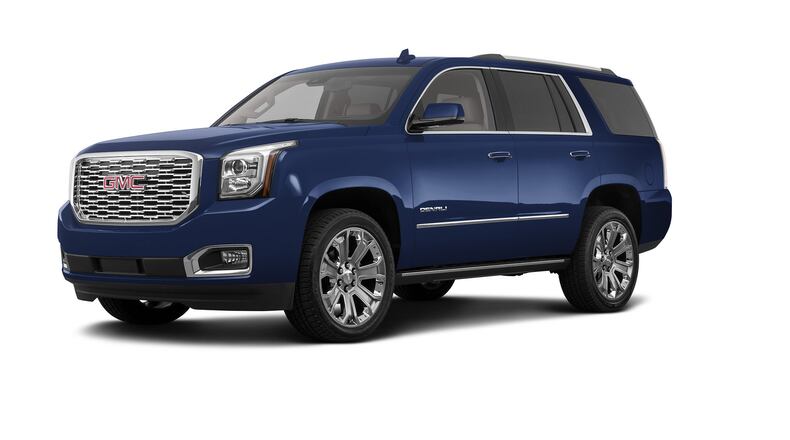“Premium used to just mean high-priced,” McKinsey partner Ben Ellencweig said. “Now it’s high-end content people will pay extra for. It can be a German sedan or Detroit 3 pickup.”
Largely thanks to those high-end pickups and SUVs, the U.S. is the world’s largest market for premium vehicles, as McKinsey defines them. China’s catching up fast, though. McKinsey expects China and the U.S. will tie for No. 1 around 2023.
That will change what automakers concentrate on and invest in when they develop new materials.
A roadmap to future car sales
“The U.S. and China are the markets for automakers to focus on,” Ellencweig said.
Chinese buyers’ top desires are:
- Availability of electric and hybrid powertrains
- Driving performance
- Brand
- Connectivity
- Ownership experience: shopping, financing, buying and servicing
U.S. premium buyers on the other hand, prioritize:
- Driving performance
- Ownership experience: shopping, financing, buying and servicing
- Interior design and functionality, including connectivity
- Availability of electric and hybrid powertrains
- Exterior design
McKinsey expects brand image to become more important as it extends from the vehicles people own to include the ones they order from ride-hailing or car-sharing rental services.
The biggest lesson for the Detroit 3, Ellencweig said, is that “the buying experience starts six months before the purchase with online research. It continues through financing, service, the ability to get over-the-air updates for new features and thousands of miles of driving.”
Buyers will expect to be able to do more of that online, without time-consuming visits to dealerships.
Automakers that don’t offer that will be at a disadvantage.
“Companies can create a premium experience with apps, easy online financing and the dealership experience. That whole process should be consistent.”
Despite increasing emphasis online, test drives remain very important, maybe so much that companies will create facilities specifically for test drives.
Buyers’ focus shifts inside
“Interior design is going to become more important than exterior,” Ellencweig said, a radical departure from the conventional wisdom about what shoppers focus on.
“People want interior space comfort and materials. Those are among the ways to establish a vehicle as premium.”
Controls are also key, particularly touch screens that are easy to use and customizable, like your smartphone’s screen.
Among the most important connected features:
- Vehicle communication with smart roads, traffic services and other vehicles
- Digital assistants for directions, appointments, lists, contacts and so on
- Subscription services for information and entertainment
People want help with traffic, safety, finding parking and the like. McKinsey says they’ll reward brands that provide those solutions.
About the Author
